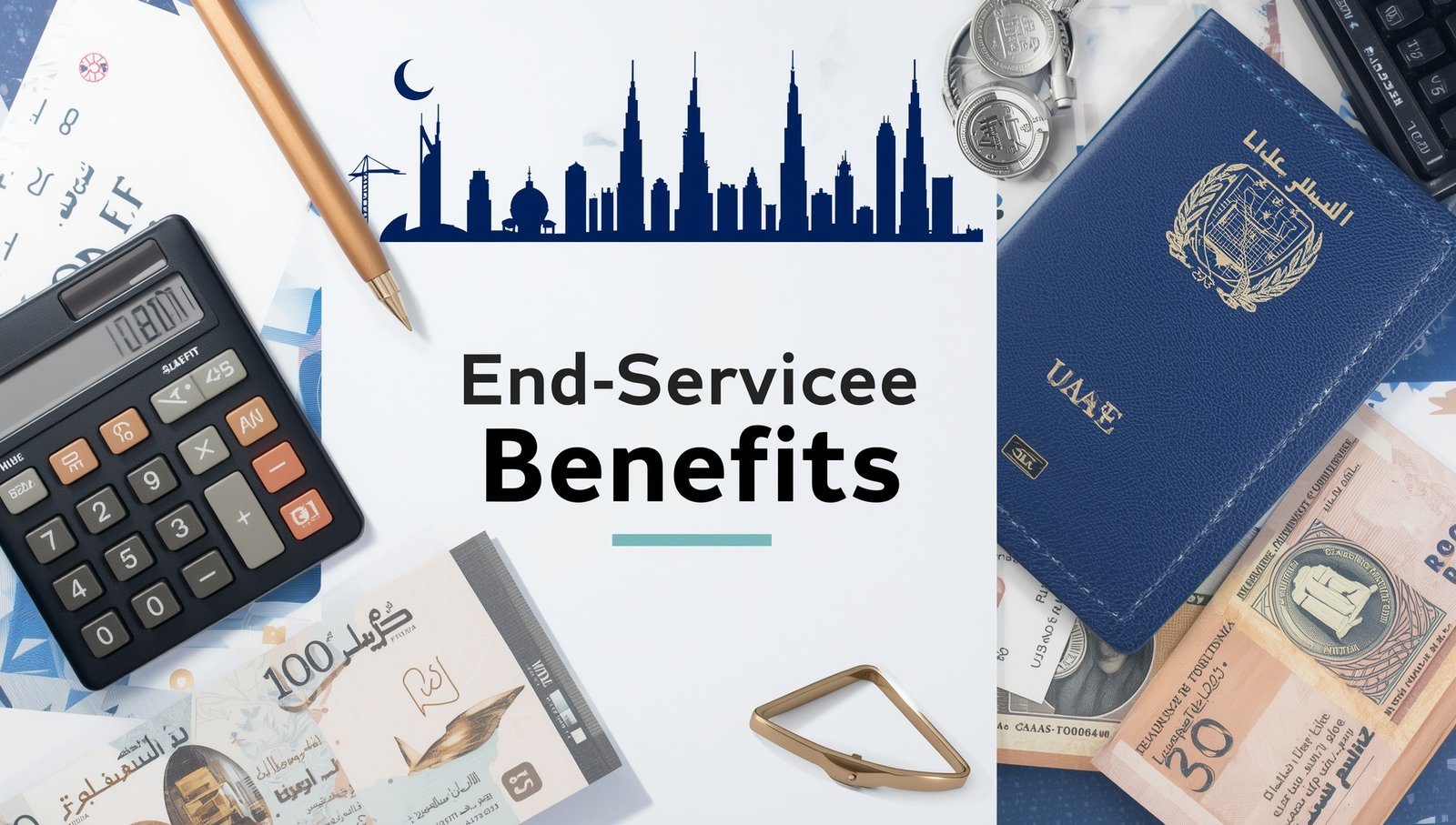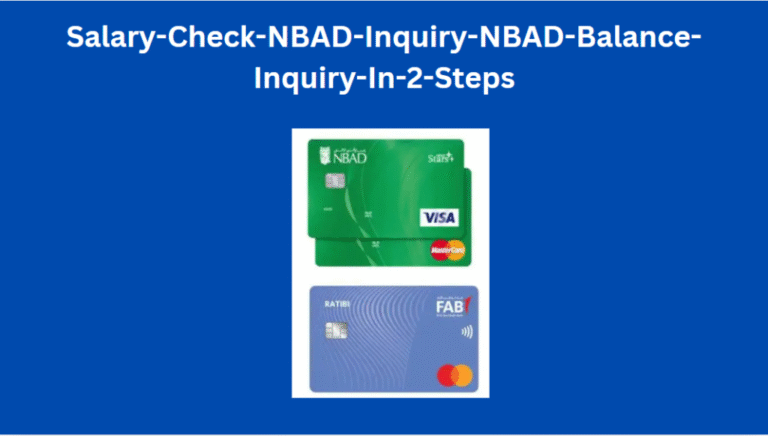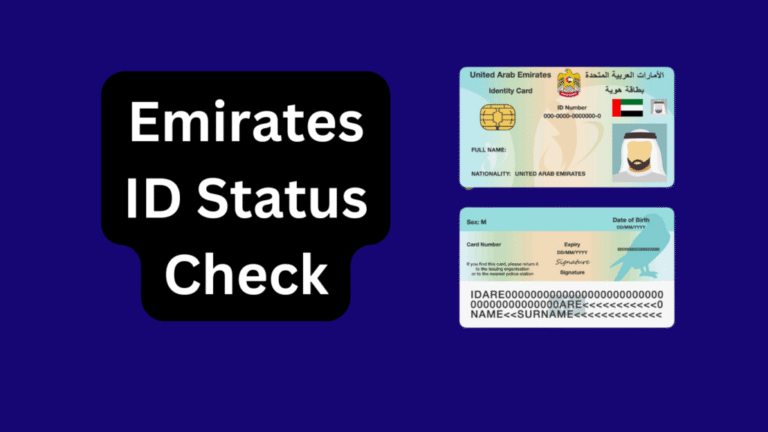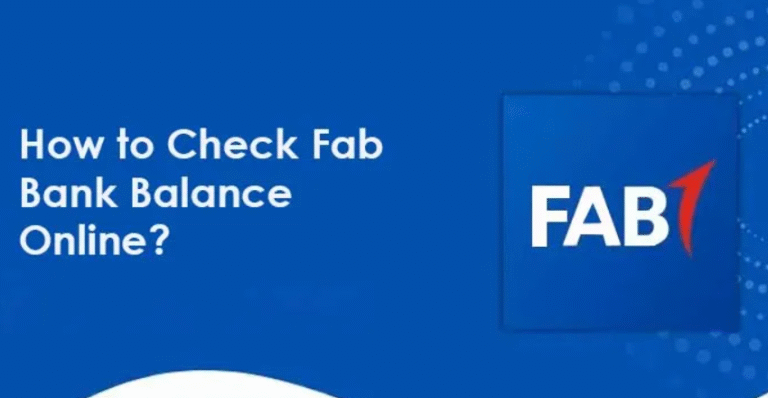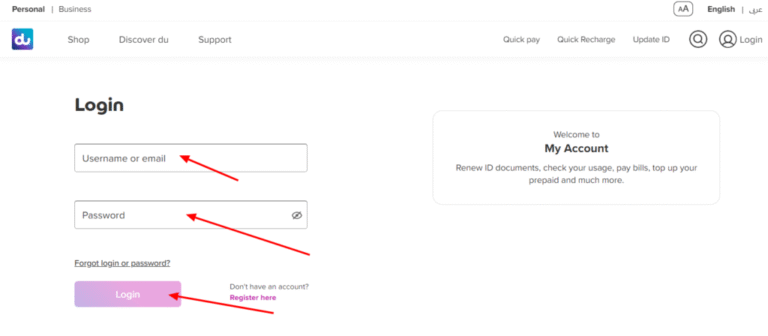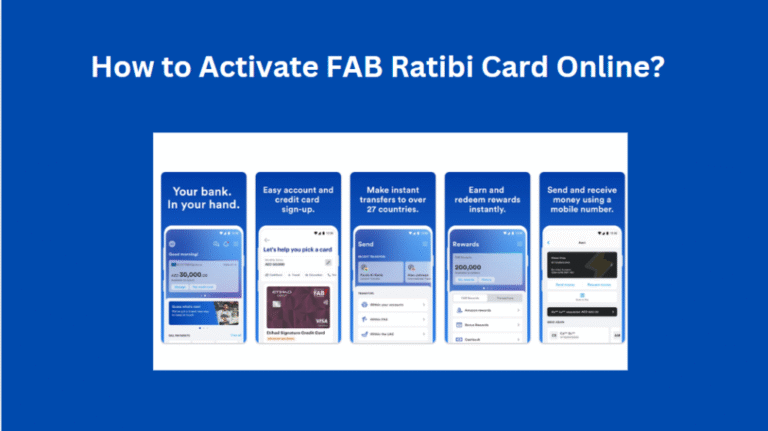End of Service Benefits Dubai: Complete Guide (2025 Update)
End of Service Benefits (EOSB) Dubai Ministry of Labour in UAE Given under UAE Labour Law (Federal Decree-Law No. 33 of 2021) End of Service (Gratuity) entitled in Dubai, is completely one of most important part in overall calculations of Monthly Wages in UAE. The basic salary of an employee is used to compute the gratuity, and the following are the details for the same for different lengths of service:
| Years of Service | Gratuity Rate (per year) |
|---|---|
| 1–5 years | 21 days’ basic salary per year |
| 5+ years | 30 days’ basic salary per year |
| Maximum Cap | Not more than 2 years’ total salary |
What Are End of Service Benefits (EOSB) in Dubai?
End of Service Benefits (EOSB), commonly known as gratuity, is a mandated lump sum paid to employees under the UAE Labour Law (Federal Decree-Law No. 33 of 2021) for workers in Dubai, and in the wider UAE.
It encourages loyalty, finances continuity of livelihood upon resignation, retirement, or cessation of employment, and fosters perimeter stability of employment space. EOSB is a legal employer requirement for equal pay and HR and financial management planning must incorporate it.
UAE Labour Law on End of Service Benefits
The legislation on End of Service Benefits in Dubai is regulated by Federal Decree-Law No. 33 of 2021, which replaced the UAE Labour Law No. 8 of 1980. This sweeping law updated labour laws and ramped up workers’ rights in each of the emirates.
The Ministry of Human Resources and Emiratisation (MOHRE) is the main regulatory body responsible EOSB enforcement. MOHRE has wide-ranging supervisory powers, which may extend to conducting investigations into complaints, penalising non-compliant employers, and mediating disputes between workers and companies.
Recent 2024–25 revisions have added more detailed calculation procedures, widened coverage to include previously exempt kinds of workers, and toughened measures of compliance. These changes demonstrate the UAE’s intent to sustain the standard of employment and international legislation but also respond to shifting work population realities.
Read: Employer Denies Gratuity Payment? 9 Legal Reasons & Steps to Claim
The legislative regime also makes it clear that it is applicable to all of Dubai’s wide-ranging industries from old-world industries to high-tech companies and free zone entities. This uniformity is a safeguard for staff members whether they are employed in an office building or work in an industry.
Eligibility Criteria for EOSB
| Employment Type | Eligibility Requirement |
|---|---|
| Full-time employee | Minimum 1 year continuous service |
| Part-time employee | Eligible, calculated pro-rata |
| Temporary/contract staff | Pro-rata or not eligible (if <1 year) |
| Resigned employees | Eligible (based on years served) |
How to Calculate End of Service Gratuity
Calculating End of Service Benefits requires understanding the precise methodology established under UAE Labour Law. The calculation process involves several sequential steps that determine the final gratuity amount.
Step-by-step calculation process:
Example Calculation 1: Employee with 3 years’ service & AED 10,000 monthly salary
Example Calculation 2: Employee with 8 years’ service & AED 15,000 monthly salary
Example Calculation 3: High-earning employee with 12 years’ service & AED 25,000 monthly salary
The calculation methodology ensures progressive rewards for long-serving employees while maintaining reasonable limits on employer obligations. Fractional years typically receive proportional treatment based on completed months of service.
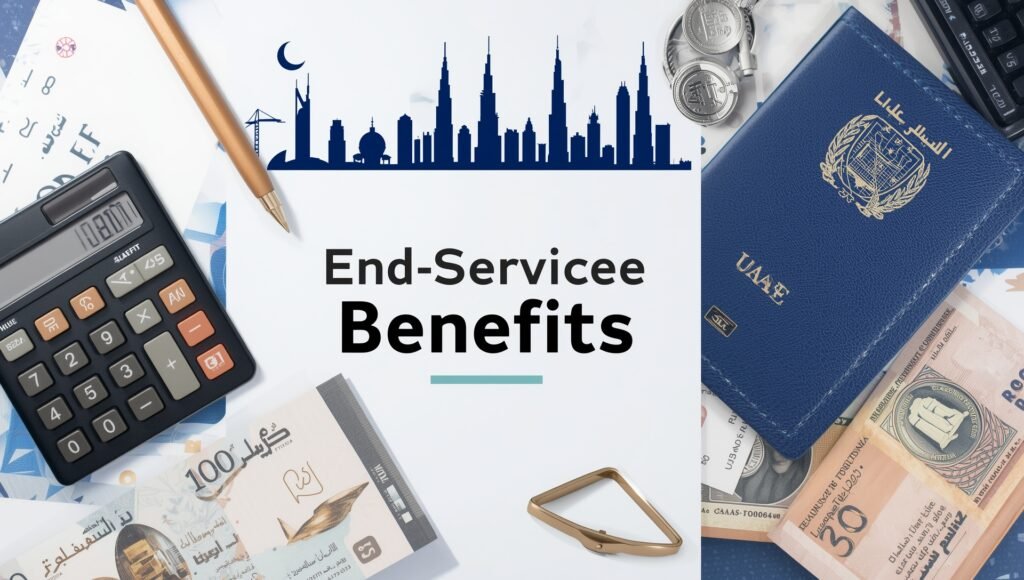
EOSB for Different Employment Types
There are different categories of employees in the Dubai workforce, and each group has its own EOSB calculation methodology according to UAE Labour Law.
Part-time employees are entitled to gratuity based on the proportion of the working hours compared to the hours that full-time employees work. Gratuity for Part Time Work Employees that works for less than 48-hours/week; for example 20 hours/week, part time employee need to calculate gratuity payment as the following:
Calculate the gratuity tenure using the same formula as above using a 20/48 ratio. This is fair treatment, acknowledging that the reduced service obligation has also been met.
Domestic workers are subject to a different scheme in which a particular formula is applied. Their tip generally follows one of the more simplistic formulas (such as a function of contract terms and time of service) used across employment agreements, rather than common law numeracy.
Free zone workers will have contract-specific computation disparities according to their unique free zone authority rules. But for the most part all free zones are aligned with the federal labour law, maintaining the same common denominator for workers protection throughout Dubai’s economy.
It is a big learning curve as it is giving you people that we should not make them to have only for three or whatever the time of the contract will be. Previously, those with an ‘unlimited‘ contract had a more favorable gratuity calculation but, under the recent changes, the gratuity calculation across the various types of contracts has been made the same, eliminating any difference and all being treated the same way.
Payment Timeline & Process
In the UAE, Labour law sets out clear timelines and process for EOSB payments so that employees receive their end of service benefits in a timely and efficient manner.
Gratuity payment deadlines Regardless of the reason for termination, the gratuity should be paid within 14 days of the date of termination of the employment. The time frame runs from the employee’s last day of work and may not be extended without mutual written consent.
Final Salary Certificates,Service Completion Letters and detailed gratuity calculations are certain documents which are required to be provided. This leaves employers with the chore of generating extensive and detailed documentation to justify HOW they calculated the loan – while giving employees the chance to test the math and documentation.
MOHRE complaint processes have strong safeguards when employers do not comply with their payment responsibilities. The complaints can be filed through MOHRE’s online portal, at its regional offices, or through dedicated helplines. While it’s rarely discussed, complainants would usually go through the mediation process prior to the formal lodging of a legal complaint.
Penalties for payment less than 80% of the award amount Employers that do not meet payment deadlines are subject to harsh penalties, including daily interest on any balance due and penalties against their license. These remedies contribute to compliance in ways that preserve employee financial stakes.
Taxation & Deductions on EOSB
One of the most attractive things about EOSB, is the tax benefits from this, as per UAE law. End of Service Benefits are fully exempt from tax for the employee, so you get the entire amount without any tax taken by the government.
This is a tax free status for all EOSB payments, no matter the level of EOSB, how long the employee has worked or which nationality the employee has. This is a harmonious policy that covers both locals and expat employees and the employees continue to get all these values.
It is normal banking practice for gratuity payment bank transfer procedures with no reportable tax liability. Payments can be made by direct bank transfer, certified cheque or cash for smaller amounts for the donations to employees.
SettlementAgreements.co.uk Tip gratuity final salary final salary are paid simultaneously giving employees fullpackages on moving jobs. Many employers will make a single payment for both amounts, but document each separately for bookkeeping purposes.
No taxation adds greatly to EOSB’s effectiveness as a financial benefit by enabling employees to keep full gratuity funds for their own disposal, investment or repatriation.
Common Disputes & Resolution
Although there are clear legislations in place, there are times when there are EOSB disputes in UAE between the employers and employees, and they are usually as a result of disputes in calculations or late payment.
Penalties for late payment are imposed as a matter of course against employers who fail to pay within 14 days. These fines accrue daily, making the accumulated charges substantial, meaning that organizations out of compliance are having to pay employees for delayed benefits.
In cases of termination without benefits, there are often challenges when the employer suggests reasons to withhold gratuity. Let’s be a little more precise The thing is that UAE Labour Law is very specific in this case; it only makes mention of few cases where the employer is entitled to withdraw employee’s end of service gratuity, namely grave misconduct cases and with a strong evidence.
Through MOHRE, there are formal dispute-resolution processes available, to include legal complaint procedures. It starts with filing complaints, and an employer needs to be notified and mediation should be tried before formal hearings may be warranted. The majority of disputes are settled during the mediation process and therefore prevent court cases from going the full way.
When an EOSB dispute rears its head for employees Employees with EOSB issues should have full employment documentation including contracts, salary certificates, and correspondence. Such documentation is used for complaint procedures, and also is valuable as evidence when disputes are resolved.

